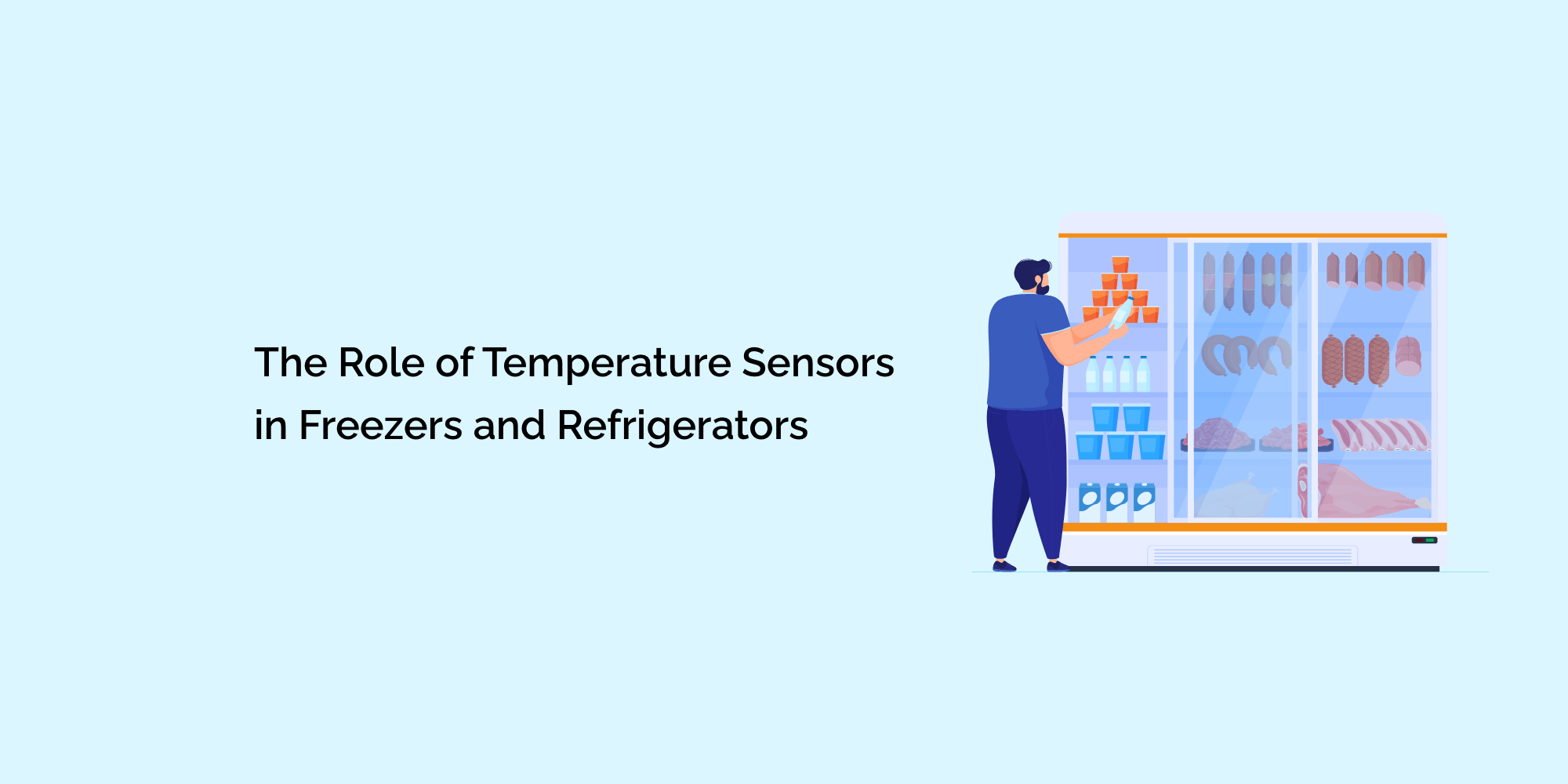Temperature sensors are integral components of freezers and refrigerators, playing a crucial role in maintaining optimal temperature conditions. These sensors monitor temperature variations within storage units, allowing businesses to ensure product safety, extend shelf life, and comply with industry regulations.
In this comprehensive guide, we will explore the role of temperature sensors in freezers and refrigerators, with a focus on the innovative TempCube temperature monitoring system. By understanding the importance and functionality of temperature sensors, businesses can enhance their temperature control practices and protect their valuable inventory.
Understanding the Importance of Temperature Control
Maintaining precise temperature control in freezers and refrigerators is vital for preserving the freshness, quality, and safety of stored items. Temperature fluctuations can accelerate bacterial growth, compromise product integrity, and pose health risks.
By implementing temperature sensors, businesses gain the ability to monitor temperature variations and take proactive measures to ensure optimal storage conditions.
Introduction to Temperature Sensors
Temperature sensors are devices that measure and detect temperature levels within a given environment. In freezers and refrigerators, these sensors play a critical role in providing accurate and reliable temperature readings.
The TempCube temperature monitoring system utilizes advanced temperature sensors that are specifically designed for use in these storage units.
Types of Temperature Sensors
Several types of temperature sensors are commonly used in freezers and refrigerators, each with its own advantages and applications. Some of the commonly used temperature sensors include thermocouples, resistance temperature detectors (RTDs), and thermistors. The TempCube system utilizes high-quality sensors that offer precise temperature measurements and are suitable for various environments.
Placement of Temperature Sensors
The strategic placement of temperature sensors within freezers and refrigerators is crucial for capturing accurate temperature data. Sensors should be positioned in areas that are representative of the overall temperature conditions, such as near cooling elements and throughout the storage unit. The TempCube system provides flexibility in sensor placement, ensuring comprehensive coverage and accurate monitoring of temperature variations.
Functionality of Temperature Sensors
Temperature sensors work by measuring changes in temperature and converting them into electrical signals. These signals are then processed and displayed as temperature readings on the monitoring system.
The TempCube temperature sensors utilize advanced technology to provide accurate, real-time temperature data, allowing businesses to monitor and control temperature conditions effectively.
Accuracy and Calibration of Temperature Sensors
To ensure accurate temperature monitoring, temperature sensors require periodic calibration. Calibration involves comparing the readings of the sensors to known reference standards.
The TempCube system includes calibration features that allow businesses to verify and calibrate temperature sensors as needed. Regular calibration ensures the accuracy and reliability of temperature measurements, providing confidence in the data collected.
Role of Temperature Sensors in Alarm Systems
Temperature sensors play a crucial role in alarm systems, alerting businesses when temperature conditions deviate from the desired range. The TempCube system offers customizable temperature thresholds and alarm settings, allowing businesses to set specific parameters for triggering temperature-related alarms. When temperature variations exceed the set thresholds, the system sends notifications, enabling prompt action to address potential issues.
Integration with Temperature Monitoring Systems
Temperature sensors, such as those used in the TempCube system, are designed to seamlessly integrate with temperature monitoring systems. The TempCube system collects data from multiple sensors and provides real-time temperature monitoring, data logging, and remote access capabilities.
The integration of temperature sensors with monitoring systems enhances temperature control practices, allowing businesses to monitor and manage temperature conditions efficiently.
Conclusion
Temperature sensors are essential components in maintaining optimal temperature conditions in freezers and refrigerators. By providing accurate temperature measurements, these sensors allow businesses to ensure product safety, comply with regulatory requirements, and minimize the risk of spoilage.
The TempCube temperature monitoring system utilizes advanced temperature sensors, offering businesses precise and reliable temperature data. Understanding the role and functionality of temperature sensors enables businesses to implement effective temperature control practices, protect their valuable inventory, and maintain high standards of quality and safety.








